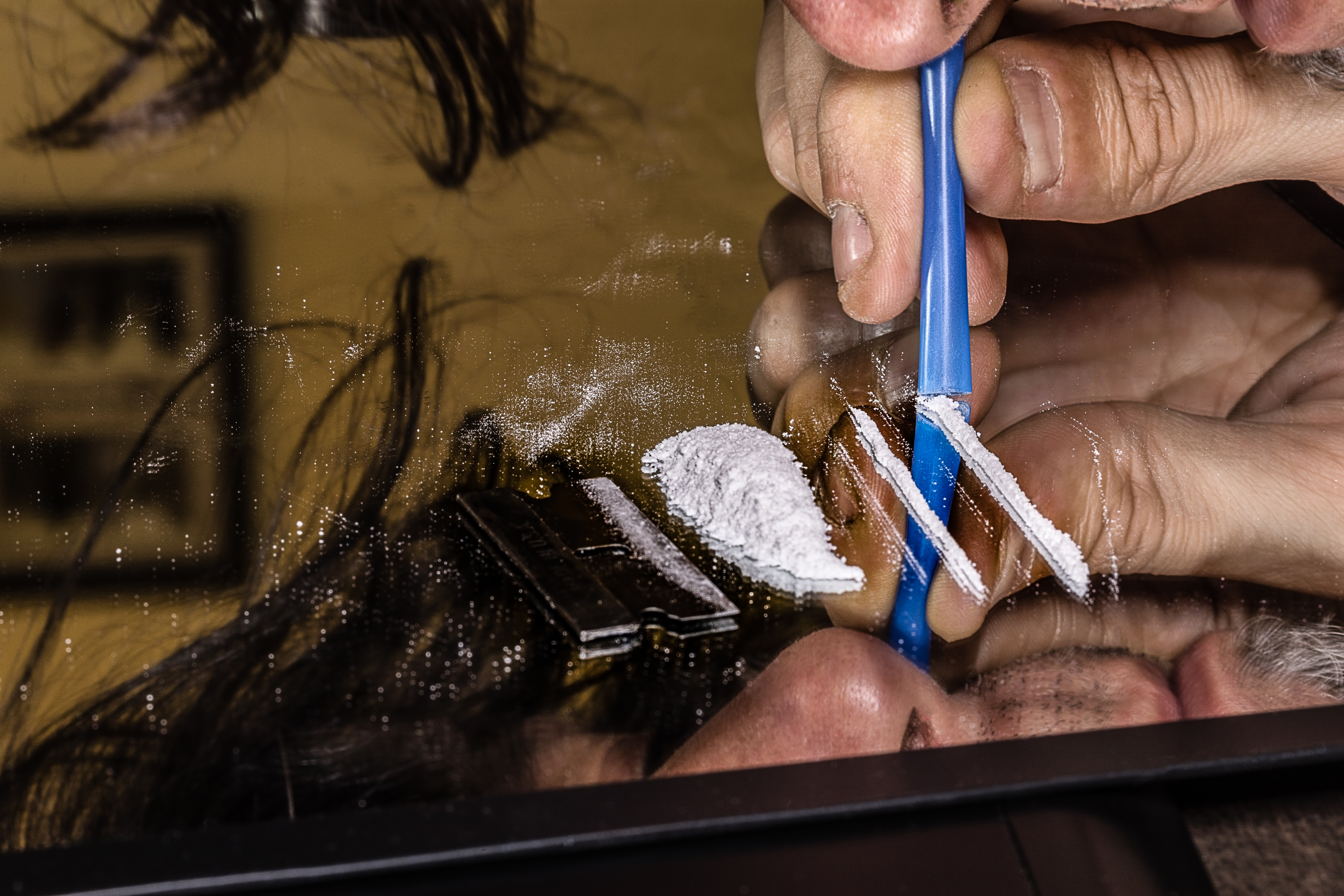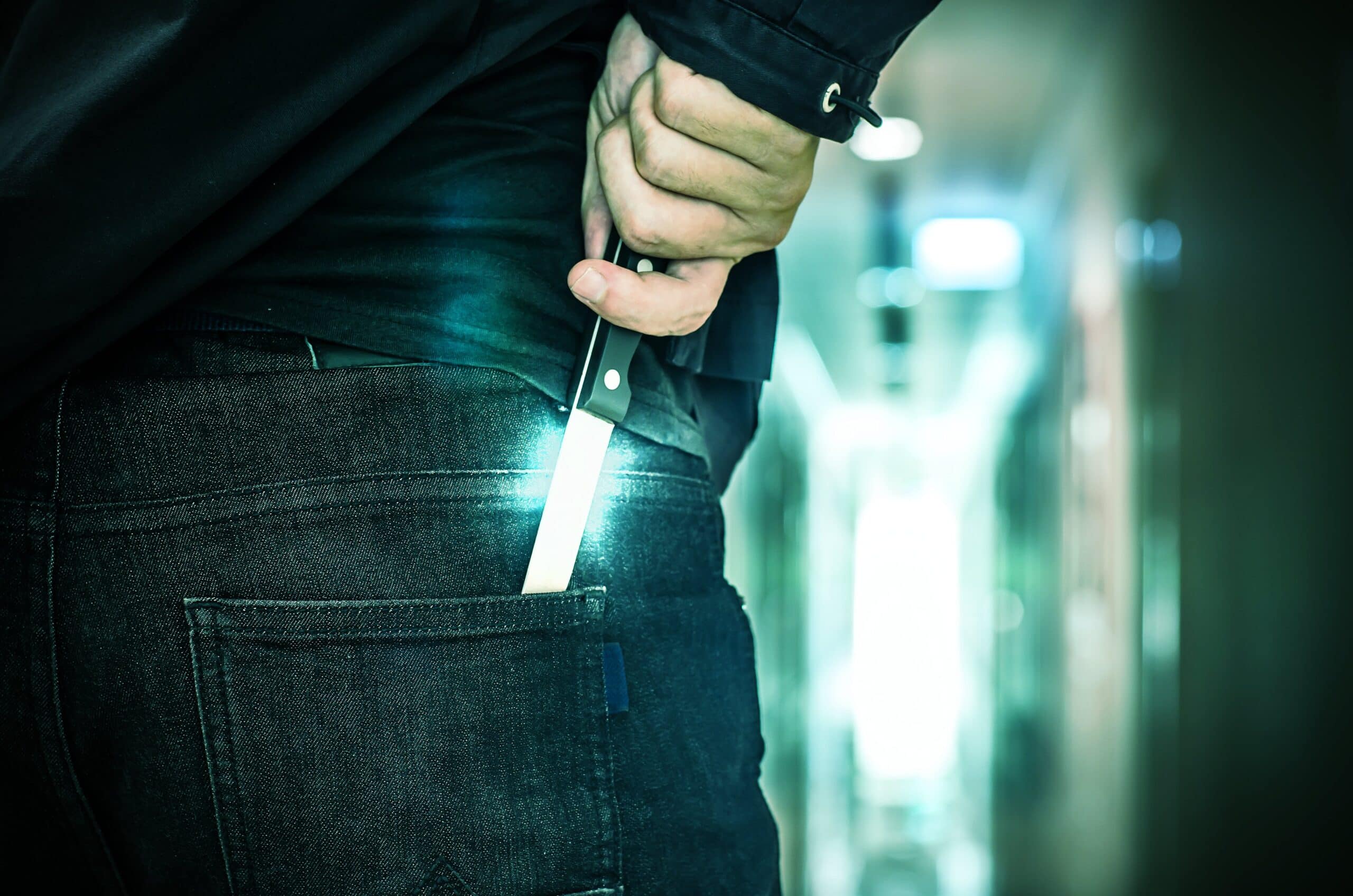Share This Article
By Poppy Morandin & Jimmy Singh.
It would seem reasonable to assume that individuals would know better than to snort cocaine in plain sight and in front of police.
However, 26-year-olds Mitchell Anthony Price and Keegan Brendan Moore seemed none the wiser to this fact as they embarked on a night out at Jerrabomberra Hotel.
Police spotted Price outside of the pub, with what they deemed a “straw like-shaped object” up his nose. The men, who both previously attended the prestigious St Edmunds, were then approached by officers, and told they would be searched for drugs.
During this encounter, Price shoved his hand into his pocket leading to police requesting he remove it. As Price pulled his hand out, a small clear resealable bag containing ‘white powder’ dropped to the floor.
Both men took ownership of the drugs and proceeded to plead guilty, with court records explaining they had decided to ‘split’ a $300 bag of cocaine.
Price, who works as an accountant at PricewaterhouseCoopers, pleaded to the court that a criminal record would hamper his prospects of getting a visa, explaining ambitions to start working in Washington, DC.
Queanbeyan Local Court heard Magistrate Roger Clisdell’s disparaging remarks: “Sometime during the night they … thought it would be a good time to have a little snort,”
He continued to joke with the men, questioning: “Hasn’t anyone told you about bathrooms?”
Mr Clisdell envisaged that snorting cocaine during a pandemic may cause surrounding persons concerns and suspicions as it can “make your nose run”.
He ultimately dismissed the charges and recorded no convictions, calling the men “young and stupid”.
In NSW, possession of prohibited drugs carries a maximum penalty of $2,200 and/or 2 years in jail under Section 21 of the Drug Misuse and Trafficking Act 1985 (NSW).
A prohibited drug includes Cocaine, Cannabis, MDMA and Amphetamine, among other drugs listed in Schedule 1 of the Drug Misuse and Trafficking Act 1985 (NSW).
Nonetheless, a court may elect to proceed by way of a Section 10 non-conviction sentence or non-conviction Conditional Release Order (CRO), which results in no criminal record even if an accused is found guilty.
Contained within Section 10 of the Crimes (Sentencing Procedure) Act 1999 (NSW), a court may make such an order if it is satisfied that it would be not suitable to proceed with punishment. Considerations such as the persons character, age, health, mental condition, the trivial nature of the offence and any relevant circumstances are utilised in order to come to this decision, pursuant to Section 10(3) of the Crimes (Sentencing Procedure) Act 1999 (NSW).
Police have the discretion to issue an on-the-spot fine of $400, by way of Penalty Infringement Notice to those found to be in possession of a prohibited drug, in accordance with Schedule 4 of the Criminal Procedure Regulation 2017 (NSW).
This mode of proceeding is only available if the amount of the drug weighs no more than the ‘small quantity’ for that drug, which can be found in Schedule 1 of the Drug Misuse and Trafficking Act 1985 (NSW).
However, for MDMA or ‘ecstasy’ this amount is no more than 0.25 grams if in capsule form, or 0.75 grams in any other form.
On-the-spot fines are not applicable to situations involving cannabis. However, a long-standing scheme has been to proceed under the Cannabis Cautioning Scheme for offenders found with under 15 grams.
This cautioning scheme in NSW is a diversionary initiative that encourages the offender to seek treatment.
It is also a discretionary option, of which police are only allowed to give up to two cautions to any one individual if they see fit. But they cannot proceed by caution if the accused has prior convictions for drug offences or offences of violence or sexual assault.
Gabrielle Jackson of the Guardian Australia has sought to contrast the case of the former private school boys and the reality for many Indigenous Australians facing drug charges: “No convictions and charges dismissed. Isn’t it all so funny? (no),”
“Meanwhile, police pursue 80% of Indigenous people caught with cannabis through courts. 92.85% of those were either found guilty by a judge or magistrate or pleaded guilty and receive harsher sentences than non-Indigenous people.”
This large proportion affronts the purpose of the Cannabis Cautioning Scheme, within keeping offenders out of court and diverting them from direct contact with the criminal justice system.
Karly Warner, the chief executive of the Aboriginal Legal Service has used the example of a recent case in which a young Indigenous boy, who had no prior convictions and was caught with a small amount of cannabis, was charged by police – despite such a matter clearly being a prime candidate for the scheme.
“As this data shows these are not one-offs. This is a complete failure to address systematic racism, perpetrated by individuals, and it is forcing, absolutely forcing, Aboriginal kids, young people and adults into contact with a criminal justice system that they will potentially never get out of again.”
Despite being heralded as “no nonsense,” by the Canberra Star, Magistrate Roger Clisdell has been previously disqualified by the NSW Supreme Court from hearing a case involving an Indigenous man due to reasons of “apprehended bias”.
This came after he made highly critical comments regarding the Aboriginal Legal Service, insinuating they actively encouraged clients to plead not guilty for the purposes of clogging the courts.









